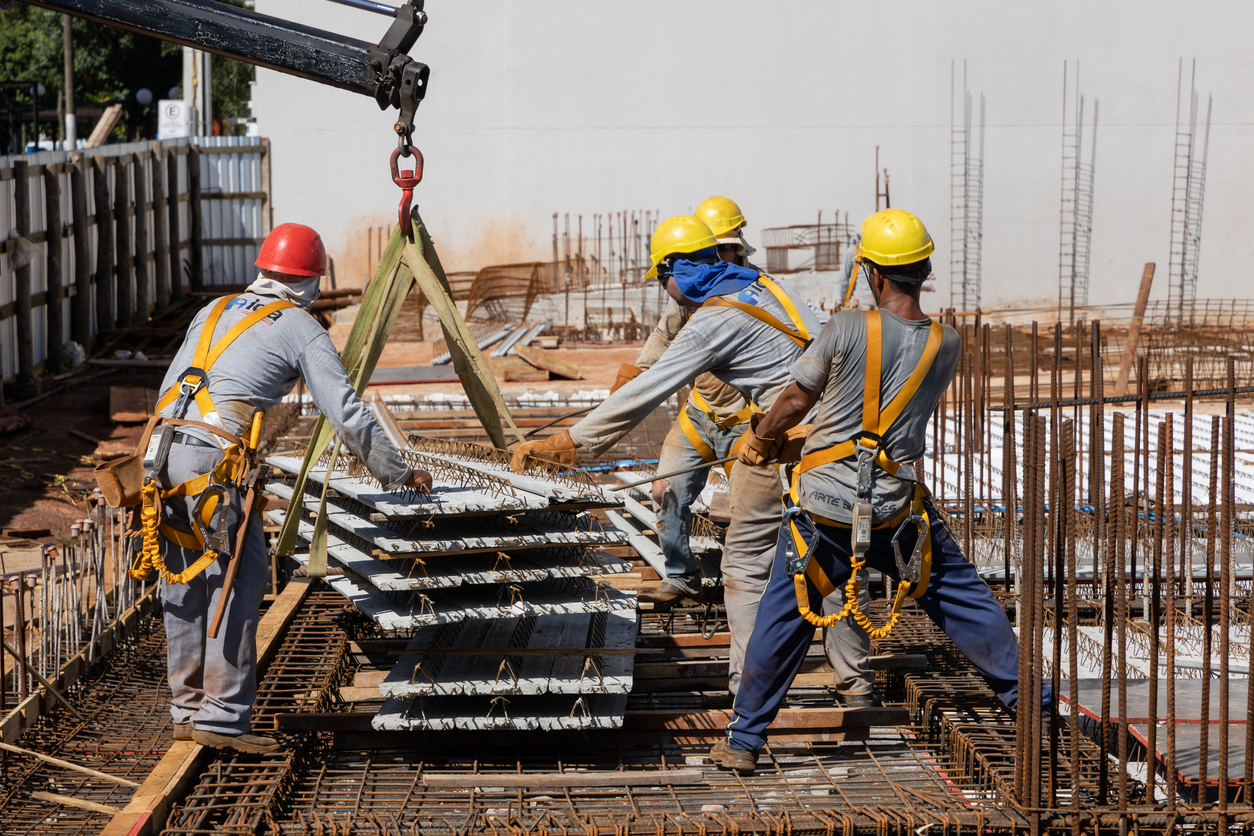Marijuana and Crane Operators: What You Need to Know in 2025
As of April 2025, 24 states and Washington, D.C., have legalized marijuana for recreational use, and 39 states allow it for medical purposes. This evolving legal landscape presents increasing challenges for employers and self-employed crane or heavy equipment operators, especially when navigating the complex interplay between federal, state, and local laws.
Federal Law Still Reigns in Safety-Sensitive Roles
Despite growing state-level legalization, marijuana remains a Schedule I drug under federal law, grouped with substances like heroin and LSD. This means that federal law still prohibits marijuana use in safety-sensitive positions—and that includes most jobs involving crane operation.
If you or your employees fall under any of the following categories, federal law and testing guidelines apply:
- Department of Transportation (DOT)-regulated positions: The DOT continues to prohibit marijuana use in any form, including medically prescribed marijuana.
- Commercial Driver’s License (CDL) holders under the Federal Motor Carrier Safety Administration (FMCSA): The FMCSA mandates testing for marijuana use and does not make exceptions for state legality or medical prescriptions.
In fact, positive test rates for marijuana under FMCSA have risen, leading to staffing difficulties, costly fines, and operational delays.
Policy, Safety, and Staffing Challenges
Many construction businesses and crane operators face friction as state laws shift public perception around marijuana. Yet, safety-sensitive roles demand clarity and consistency. Employers must:
- Implement a strict zero-tolerance policy for drug and alcohol use, especially for CDL holders and anyone operating heavy equipment.
- Clearly communicate the policy to all employees and enforce it consistently.
- Continue federally required testing protocols, especially for CDL holders.
- Train managers to observe and document signs of impairment—whether from marijuana, alcohol, or other substances.
Any ambiguity in your policy—or inconsistent enforcement—can undermine workplace safety and increase liability.
Insurance Coverage: Are You Protected?
Here’s a critical 2025 update: many crane insurance policies include exclusions for cannabis-related incidents. If an accident occurs and an employee tests positive for marijuana (even if legal in your state), your policy may not cover the damages.
This makes it more important than ever to:
- Review your current crane liability policy to identify any cannabis exclusions.
- Ensure your drug policy aligns with your insurance requirements.
- Work with an insurance advisor who understands both regulatory requirements and evolving policy language around marijuana.
What About Non-Regulated or Clerical Staff?
For employees not in safety-sensitive roles, and especially those with state medical marijuana cards, legal protections may apply. However, these protections vary significantly by state. Consult an employment attorney or HR specialist familiar with your jurisdiction’s marijuana laws to navigate these scenarios carefully.
Recommendations
- Consult with Construction Insurance Advisors: Engage with specialized insurance professionals who are knowledgeable about the latest trends in cannabis-related exclusions to ensure comprehensive coverage.
- Legal Compliance: Stay informed about federal, state, and local laws regarding cannabis to ensure that company policies and practices are compliant and that insurance coverage aligns with these regulations.
By proactively addressing these considerations, crane operators and employers can better manage risks associated with cannabis use and ensure that their insurance coverage remains robust and effective.

